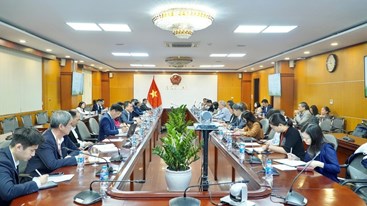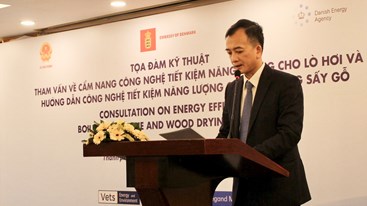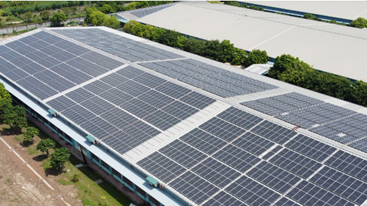BEIJING: China, Japan and South Korea are making more consistent investments in clean energy and starting to outshine Europe as a global center of low carbon leadership, according to a new report released today by The Climate Institute and General Electric (GE).
Now in its fifth edition, The Low Carbon Competitiveness Index ranks G20 countries in relation to their carbon competitiveness, which is measured as the strength of their green economies and ability to prosper in a low carbon scenario.
The recently completed Greenland Tower in Zhengzhou, China.
While compiling the index, different variables are taken into account:
Early preparation - the steps that countries have already taken to move towards a low carbon economy.
Sectorial composition - issues that make achieving a low carbon economy more challenging (for example, if a country economy is heavily dependent on carbon energy).
Future prosperity - indicators that make a country prosperous today as well as in a low carbon future (investments in education, among others).
Whereas France still retains the highest level of clean energy production, China and South Korea were the greatest gainers in the 2008 to 2010 run, mainly thanks to their huge investments in clean technology.
The UK has fallen from third to fourth in the overall chart, whereas Germany stepped back a place to sixth. The US dropped from eighth to 11th place.
Suffering from the lowest level of overall clean energy production, the second highest number of cars per capita, and relatively high deforestation and emissions from the transport sector, Australia sits at 17th, although the research does not take into account the new carbon prices and the relative program introduced in the country last summer.
John Connor, Chief Executive Director, The Climate Institute, said: “Despite the economic downturn, a number of EU countries have managed to hold on to their relatively good position to compete in the global low carbon economy. However, Asian countries, particularly China are beginning to threaten the EU’s position as a low carbon leader.”
Changhua Wu, Greater China Director, The Climate Group, said: “Asia, with 60% of the global population and such fast economic growth, remains the engine for the global economy. A solid track record shows that this region is among the leadership league of the global clean revolution. This is the most encouraging sign for the global community to address climate and energy security challenges.
“What this implies is that Asia is capturing the greatest opportunity ever to pursue a growth path different from that of the industrialized countries. Growth and low carbon can become one thing if political will and policy incentives are put together to effective drive innovation and capital flow.”
By Le My









.jpg?w=367&h=206&mode=crop) Energy efficiency and conservation usage is an important aspect of the national energy development strategy
Energy efficiency and conservation usage is an important aspect of the national energy development strategy
 Challenges and Opportunities to promote energy efficiency market in Vietnam
Challenges and Opportunities to promote energy efficiency market in Vietnam
 The Ministry of Industry and Trade requests government agencies to coordinate in organizing Earth Hour 2024
The Ministry of Industry and Trade requests government agencies to coordinate in organizing Earth Hour 2024
 Consultation on Energy Efficiency Boiler Catalogue and Wood Drying Guideline
Consultation on Energy Efficiency Boiler Catalogue and Wood Drying Guideline
 Son Ha Co., Ltd, applies energy efficiency and conservation measures
Son Ha Co., Ltd, applies energy efficiency and conservation measures
 Phuc Kien Co., Ltd., is effectively implementing energy-saving measures
Phuc Kien Co., Ltd., is effectively implementing energy-saving measures
.png?w=367&h=206&mode=crop) Request for expression of interest - C2.1.13: Capacity Building on energy efficiency policies development
Request for expression of interest - C2.1.13: Capacity Building on energy efficiency policies development